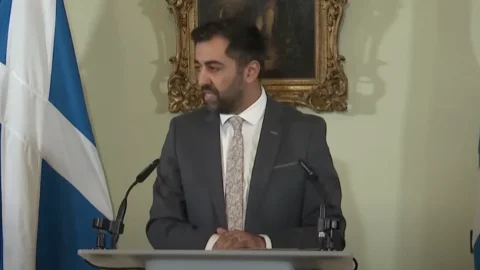If you meet someone without a smile give them one of yours. No proverb is more representative of the people you meet in Myanmar. You already notice it at the Yangon airport, when loaded with luggage they give you a seat in the visa area. And even more among them, from the streets of the cities to the remote villages of the hinterland. It is precisely from these villages that the exploratory mission of Eni Foundation begins, in the land of white elephants, precious stones, rice, but above all sesame and peanuts, from which the population of remote rural areas draws sustenance , he trades, he makes his children study, when he succeeds, up to the degree of which he exhibits photos in academic uniform in dark huts, without electric light, or for some, with the little produced by the solar panel.
Arriving at the first village, they welcome us as guests of honour, making available what little they have: tea, sesame seeds and peanuts. They welcome us with great curiosity after years of isolation and always respond to a smile with an even bigger smile. The village head receives us in his wooden and straw house, a sort of mayor, authority of men, women and children who go to the fields with great dignity, repair the roads from landslides and mud, take animals to graze in search of water and go back and forth from springs and surface wells where the water from the rainy season that has just ended is collected.
Yes, this is the biggest problem, even if they avoid giving it weight: water is scarce or dirty. The monsoon season has not only irrigated the fields and filled the reservoirs, but can destroy what men build with difficulty and alternates without gradualness to the arid season. Once the last harvest is over, supplies are made for the 4 months in which everything stops and you have to live on what you have: including the water that you can find and distribute.
Meanwhile, the children grow up and go to school. The village provides education up to the age of 10, then you have to go to the city: you go there with what you have available: the cart pulled by oxen, the only one apart from our off-road vehicles capable of venturing along the muddy paths and impervious; or the old mopeds that carry up to three passengers and go back and forth to the bus stop in the distant road to go and sell the products of the land, buy some necessities, go to the hospital to give birth, when the situation worsens and it's not enough to stay in the village.
This too is a problem for the people: the villages are so isolated, difficult to reach, miles and miles from the first city, the only one with a hospital. We are in Magway, a region of central Myanmar, the second largest of the seven into which the country is divided, with an area of almost 45 thousand sq km. The capital is Magwe, on the banks of the Irrawaddy River: the interest of the Eni Foundation has developed right around the city for people who live off the produce of the land, far from civilization as we understand it but where, sporadically, near the Buddhist monastery , in the temple, you find the internet, a smartphone, a tablet, to keep in touch with the world. Here the web has undoubtedly bypassed the TV, replacing it directly: the network requires less electricity, which is not here and is supplied only by the sun.
In the villages visited, the initial impressions are confirmed: hospitality, kindness, availability, peace and above all a smile, flow almost instead of water, which for everyone remains the element of life that is missing, it is too little, fades with the changing season and a memory that lingers until the next big rains. Everything depends on the water, the crops, the survival of the cattle that have to produce milk for mothers and children, the oxen that have to pull the carts, overcome the mud roads to bring the necessary goods to the family, to be exchanged for peanuts and sesame .
It is precisely on water that Eni Foundation will focus its attention, it will carry out a project that will involve the government, local communities, the university, with one goal: safe water. But also the availability of this precious commodity for crops, with the improvement of techniques in order to increase the products and thus vary the diet, making it more complete. All this to improve health, especially of women and children. As it is in the spirit of the Eni Foundation and the projects it has been carrying out around the world for ten years. In all the places we've reached, for all the people we've met, that we've helped. It will be the same in Myanmar, the wonderful land of smiles and white elephants. Let us greet each other as its inhabitants… Mingalarbar.
Article extracted from the Eniday site.





